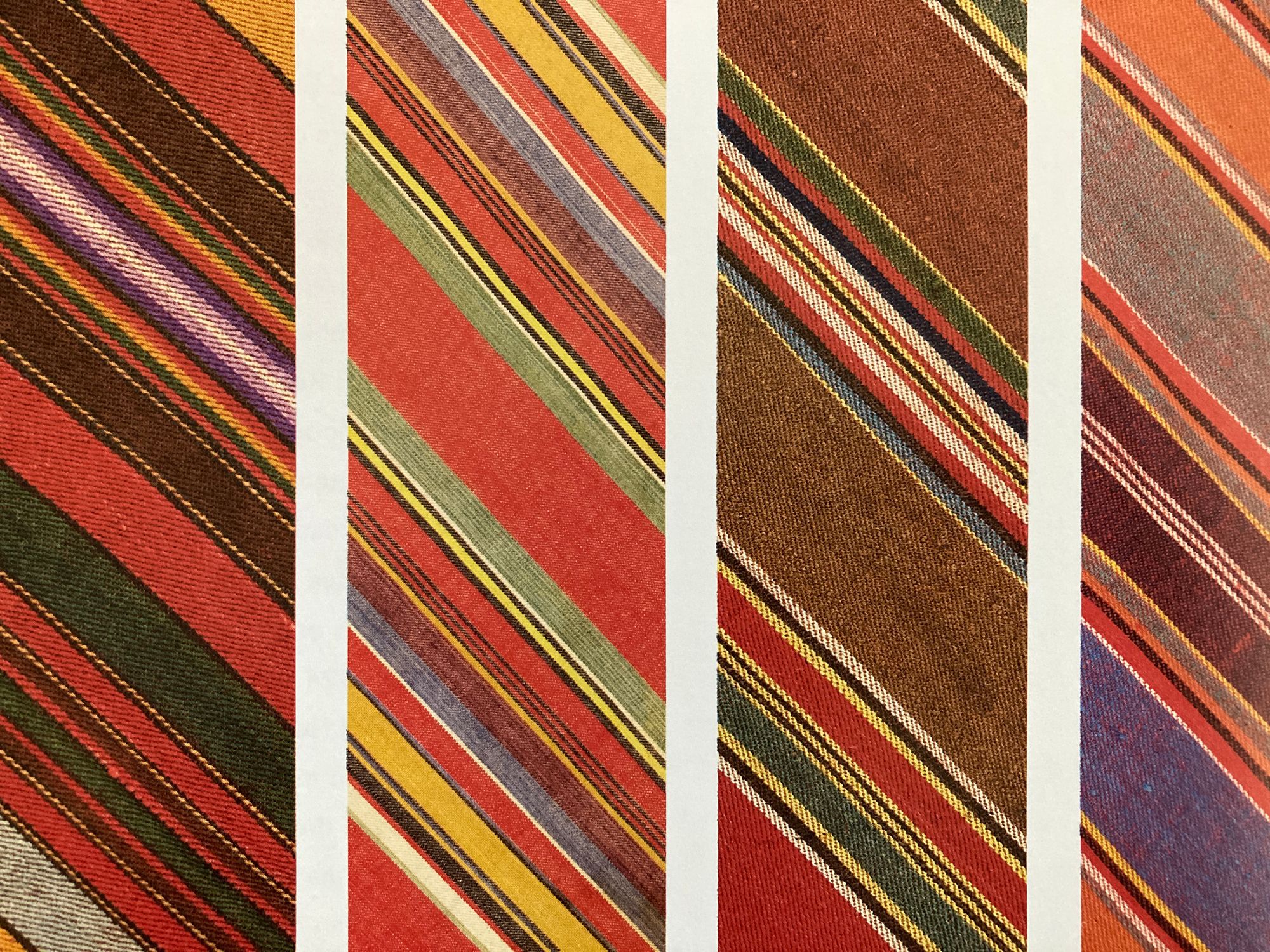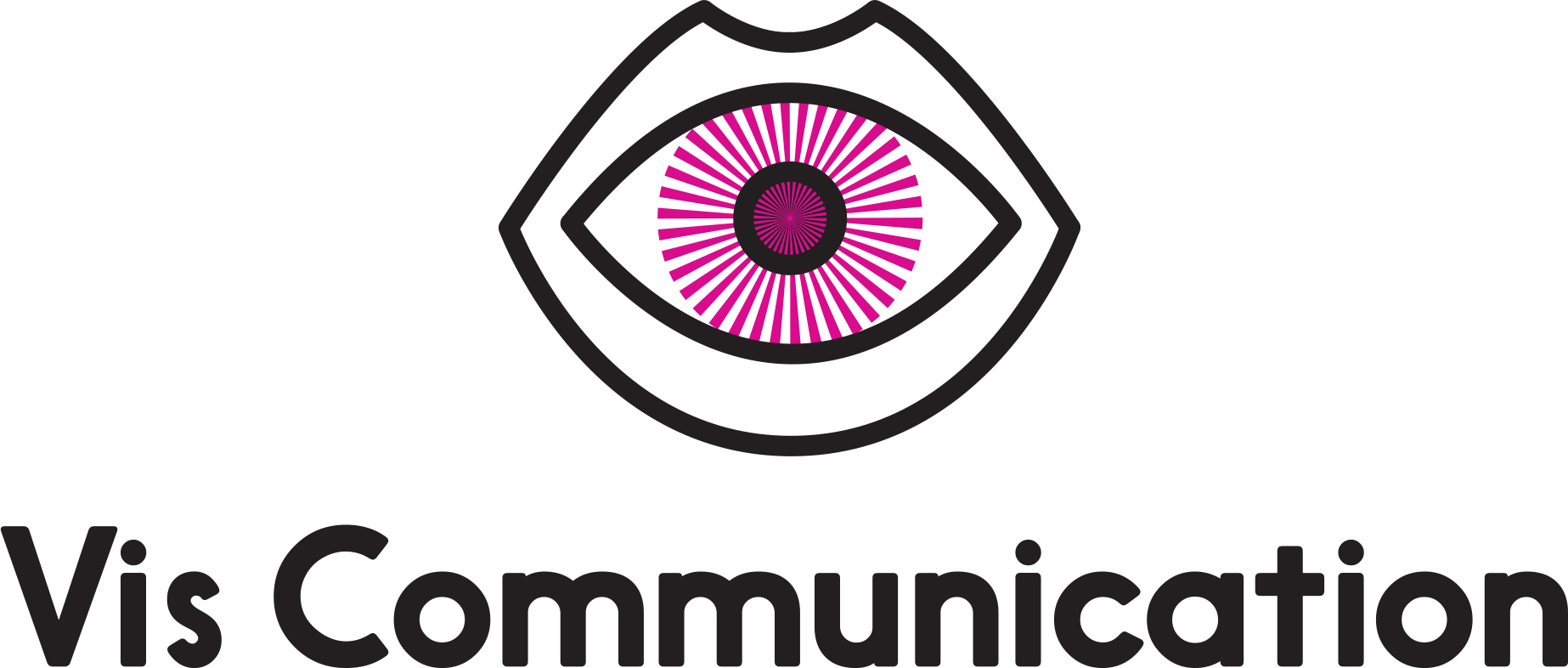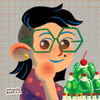What the Hell is Creativity Anyway?

I was having a conversation with a family member and she said something to the effect of “you’re so creative; I wish I was that way.” And my first thought was, “why?” Not that there’s anything terrible about being creative, I just wondered when it became the quality that people think they need. To the point it made her feel bad that she didn’t perceive herself as having it.
Part of it is that we have greatly generalized the words “creative” and “design.” They can refer to jobs or qualities. Architect is clearly a job, not a trait, so there’s no confusion there. One of the reasons I was so taken aback about my family member’s desire for creativity is because she is so damn good at so many of the things I’m not good at at all. So somewhere this trait of creativity has become something people are in some way pressured to strive for. We all have things we’re good at and thankfully, they’re not all the same things.
Where does this come from?
Is it innovation culture?
Is it a romanticized view of the creative life?
Has it just become accepted corporate-speak?
Do we simply mean problem-solving?
Are we making a distinction between art and commerce when we use those terms?
It doesn’t seem that anyone really agrees on what creativity is anyway. Creativity can mean different things to different people, but this fuzziness is also where we get into some trouble, and strip it of meaning. There are apparently the 5A’s of creativity as well as the 4C’s, the 4P’s, and the 6 Aspects. The more you read, the less you know. It seems like people are just cramming every positive aspect into these, so of course people would want to have those qualities.
Here are some examples:
The five A's framework of actor, action, artifact, audience, and affordances has been proposed here as a conceptual alternative for the classic four P's of creativity, namely person, process, product, and press.
Creativity expands our perceptions and along with expanded perceptions come new ways of problem solving-from making an exquisite meal when you don't know how to cook to painting an extraordinary landscape when you are living in a freezing attic and can't afford a full box of paints.
That is an over-romanticizing of artists’ lives if I've ever seen it.
Creativity helps you reduce stress and find relaxation.
Huh? No way that's true.
Creativity sparks you the openness that makes you ALIVE and makes decisions that make sense to you.
To me, ideas, whether they manifest as songs or a fleeting flash of an image, are like gifts from the creative spirits. And since creativity has always felt like a magical thing that I don't fully understand, I’ve always found it a little bit odd that we can own ideas.
Part of the problem is that design and creativity are not woo woo. They feel woo woo because they seem mysterious and so we make up mythologies about how it happens instead of giving credit to people. We don’t thank the “electricity gods” when our electrician fixes something. We know the electrician did that, and we give them credit and pay them. When we don’t credit people for their expertise, we diminish the value they bring.
On the opposite side of the spectrum, I was listening to a podcast where the host was interviewing Rick Rubin, who has written a book, The Creative Act. He said that every decision you make is an act of creativity. Deciding to take a different path to work is a creative act. I dunno. In that case, what isn’t a creative act?
So, what is it? I think there are two kinds:
Creativity in Design: I think this is a way of making connections between things that don’t seem related – a way of remixing in your brain anything and everything you’ve ever taken in, to solve a problem or look at a problem holistically. You might use unique applications or materials or references to do so, and apply it to visual communication.
Creativity in Art: This is different, because art has a different purpose, and maybe that’s another reason for fuzziness. That’s why I’m separating these. This is more about using all those things you’ve accumulated in your brain to express something more personal. It’s not necessarily really about problem solving anymore, unless it’s an internal problem you're working with. Here you might use unique views, materials, applications or connections to express this internal communication or feeling.
For the Designer:
It can be tempting to go along with the creativity as magical and woo woo. It makes it feel like you have special powers that mere mortals do not. Only you can wield the wand. But in the end, it actually doesn’t give you the credit you deserve for your hard work/knowledge/training/expertise. It also can diminish the work of other designers. Treat the job as you would an electrician. Would they ever rewire your house for fifty bucks? Hell no. Be less mysterious to create value for yourself and for other designers and the career as a whole.
For the Client:
If you ascribe to the woo woo view of creativity, know that it isn’t magic. Part of the point of this newsletter is to demystify some of the aspects of how design gets done. What you can do is make sure you’re not using the words design or creativity as catch-all phrases. What more specific aspects do you really intend to express in your job listing, goal, presentation, etc?
Someone once said, “Everyone is a designer,” but if you replace “designer” with any other job in that phrase, it ceases to make sense. Everyone is a plumber. Everyone is a mathematician. Everyone is a dentist. Etc. Even though anyone can participate in design, keep in mind that like your dentist, designers (in all their specializations) have knowledge, training and expertise that can help you avoid pitfalls and communicate more effectively.

